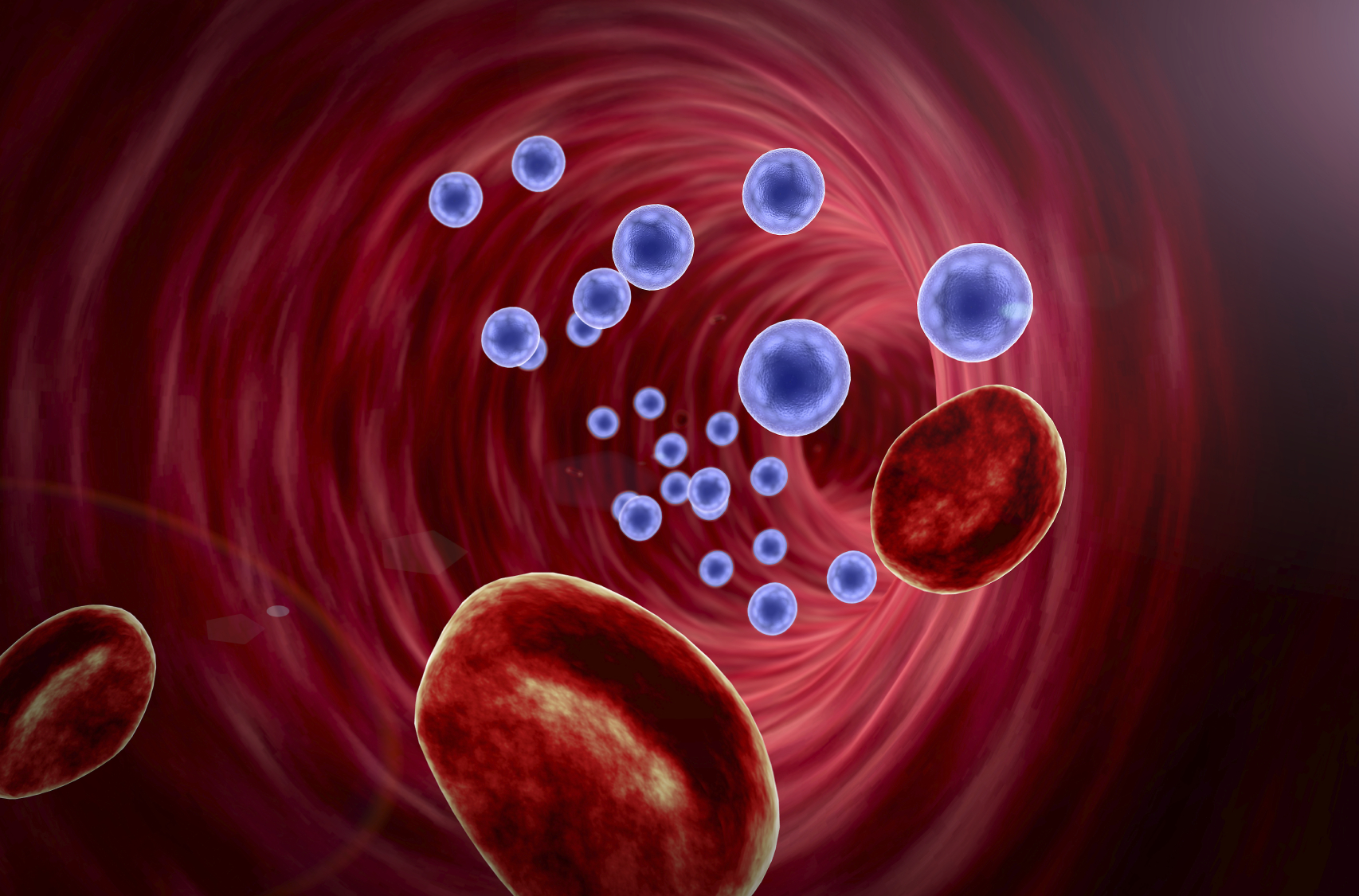Gamida Cell's cell therapy treatment gains breakthrough status

Israel’s Gamida Cell's NiCord therapy for patients with high risk blood cancers has been given a breakthrough therapy designation by the FDA.
The breakthrough therapy designation (BTD) means the US regulator will work closely with the company, giving advice on the best approaches to clinical development of the product, with the aim of maximising its chances of approval.
NiCord could be an alternative to bone marrow transplants in patients with high risk blood cancers such and leukaemia and lymphoma.
The designation is based on data from the pilot, and phase 1/2 studies of NiCord which show the drug to be superior to cord blood transplantation. The treatment showed ‘clinically meaningful’ improvement in time to neutrophil engraftment over cord blood transplantation, plus fewer infections, reduced length of hospitalisation, quicker platelet engraftment and improved non-relapse mortality when compared to unmanipulated cord blood transplantation.
The product is a graft of umbilical cord blood, enriched with stem and progenitor cells, as well as immune modulatory myeloid derived dendritic cells.
It is intended for instances where patients cannot find a donor with fully matched tissue.
An international phase 3 pivotal study of NiCord is planned to begin before the end of the year.
The breakthrough therapy status will allow for more intensive guidance from the FDA, and the possibility of other actions to speed up the review, such as a rolling submission and a priority review.
Yael Margolin, president and CEO of Gamida Cell, said: “The breakthrough therapy designation creates the foundation for a joint and concerted effort between the FDA and Gamida Cell to bring this important therapy faster to patients.
“We look forward to continuing our close cooperation with the FDA and other regulatory agencies to a positive conclusion as we prepare for commercialisation."
Big pharma company Novartis has a 15% stake in Gameda, having paid $35 million for the equity in 2014, but last year turned down an opportunity to acquire the company outright.












